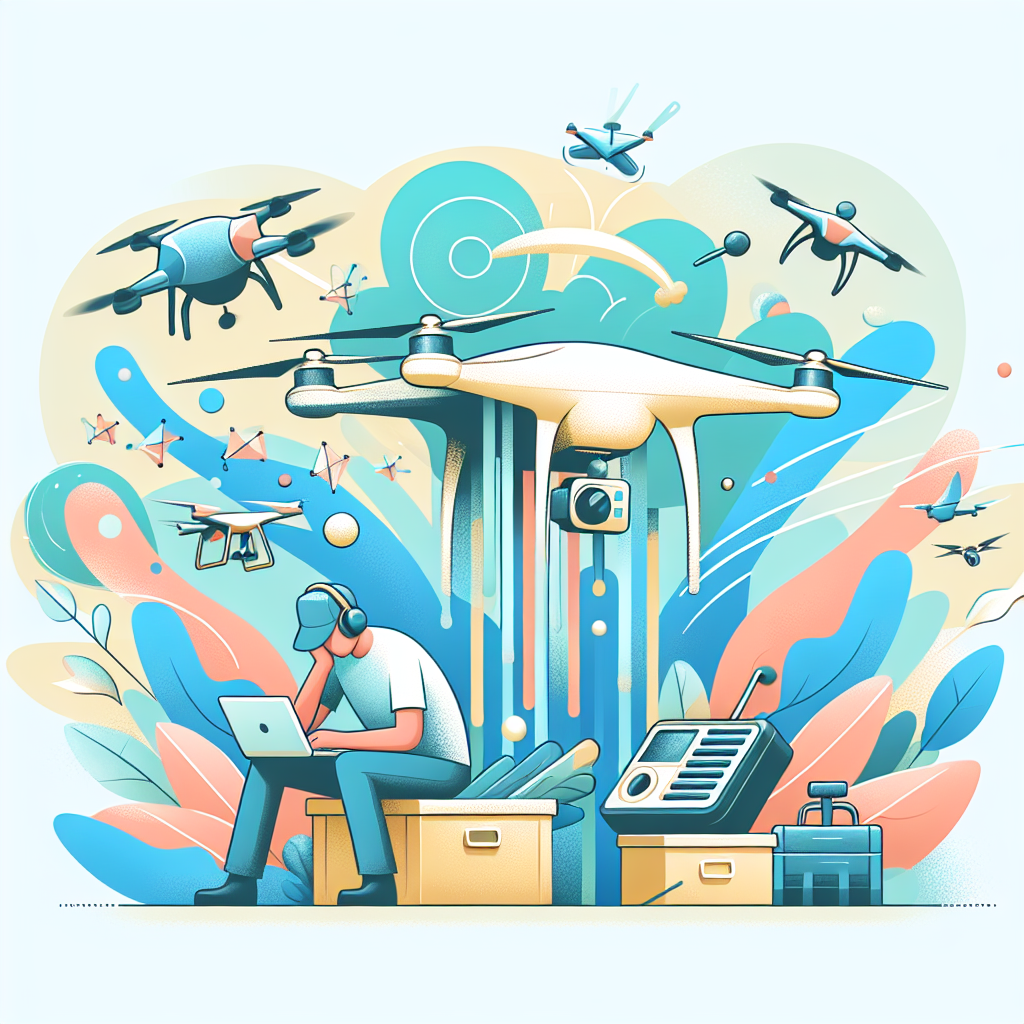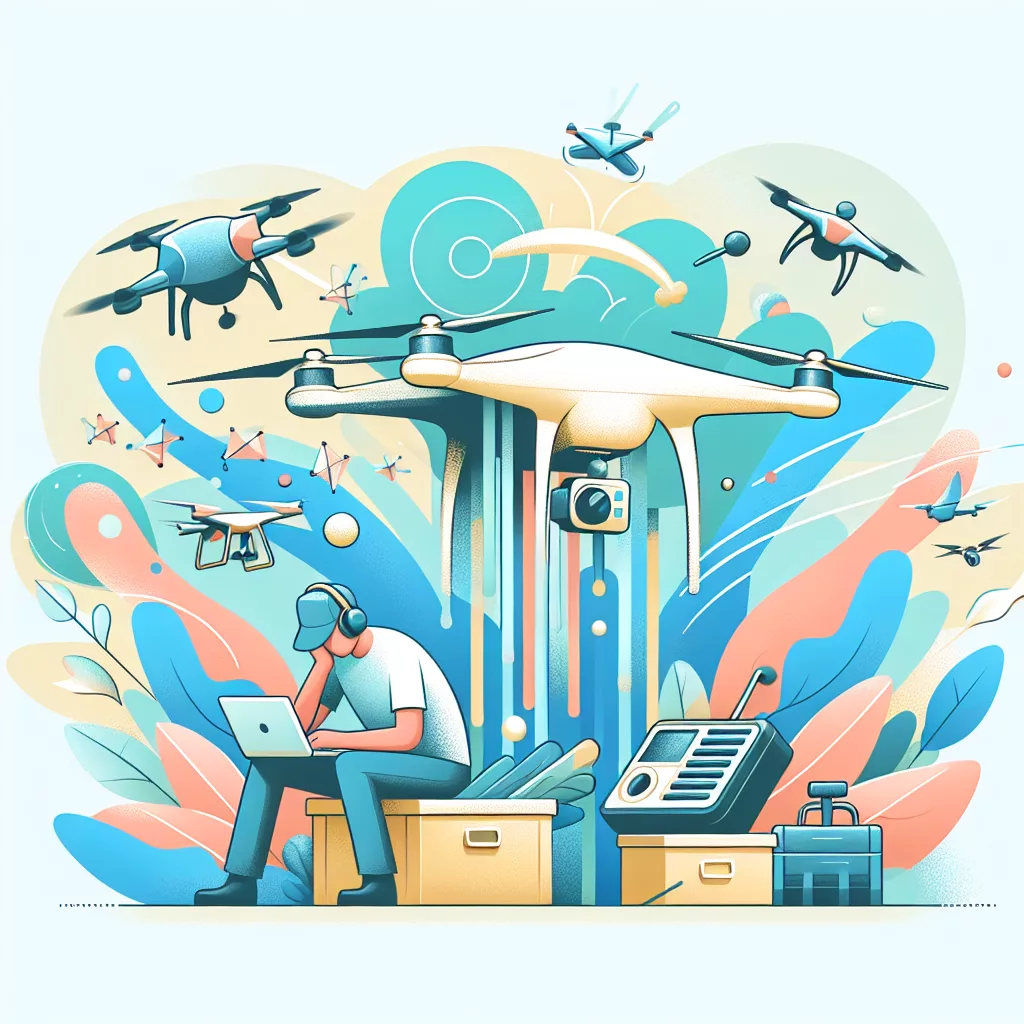Drone operators face a unique risk of burnout due to high mental load and demanding precision, leading to fatigue and decreased performance.

- Prolonged focus on screens causes eye strain.
- Isolation due to lack of team interaction.
- High-pressure for precise operation and navigation.
- Irregular work hours disrupt work-life balance.
- Rapid technology advances demand constant upskilling.
- Regulatory compliance increases operational stress.
- Environmental factors add to situational challenges.
Analysis indicates that career burnout statistics for Drone Operators are categorized as Moderate.
Reasons Drone Operators burnout
According to the science to date there are key reasons people burnout at work. Here’s our top reasons why Drone Operator in the Technology category has a burnout risk of Moderate:
Drone operators might experience burnout due to several factors. Firstly, the job can be highly stressful. Operators often have to manage complex navigation systems and maintain intense focus for extended periods. This cognitive load can be mentally exhausting.
Secondly, there is isolation in their work environment. Much of the job is done alone, often in remote areas or control rooms, reducing social interaction and support which are vital for mental health.
Moreover, the responsibility of critical missions, such as those in military or disaster response settings, can weigh heavily. The potential for significant consequences if mistakes are made adds pressure and anxiety.
Repetitiveness is another concern. Tasks can become monotonous, leading to disengagement and lack of motivation. This can make the work feel unfulfilling over time.
Drone operators also face technical challenges. Keeping up with rapidly evolving technology requires continuous learning and adaptation, which can be overwhelming. Failures or malfunctions can also cause frustration and stress.
Lastly, operators may have to work irregular hours, including nights and weekends, disrupting work-life balance. This can impact personal life and health, contributing to burnout.
Burnout rate data for Drone Operator/Technology
There is limited specific data available on burnout among Drone Operators. Most existing burnout research focuses on broader roles within the technology sector. However, general technology industry burnout statistics can help you understand potential challenges faced by drone operators.
The nature of technology roles often involves continuous adaptation to new tools, constant innovation, and high workloads. These factors contribute to high burnout rates in tech. If you’re interested in exploring this topic, publications such as the Harvard Business Review may offer some insights on technology burnout. A relevant article can be accessed at (https://hbr.org/2021/01/how-technologies-push-to-accelerate-is-putting-pressure-on-employees).
Another notable source reflecting on burnout within the broader tech industry context is a report by Deloitte on workplace burnout trends. You can find the report at (https://www2.deloitte.com/us/en/pages/about-deloitte/articles/burnout-survey.html).
Do you have experience of Burnout as a Drone Operator or in Technology?
Share your story about Drone Operator burnout on our share your story page.
Burnout in Technology
Career Burnout Rates > Burnout in Technology > Drone Operator Burnout


